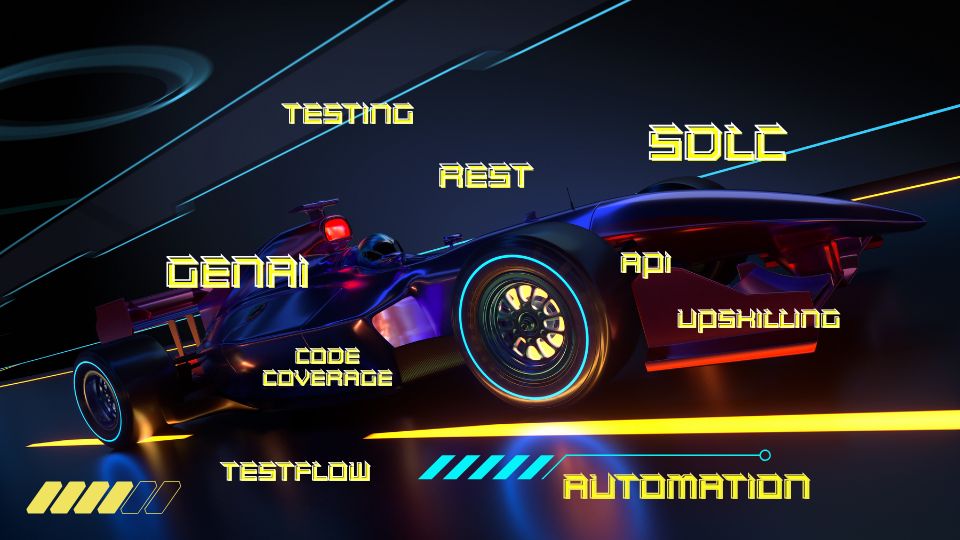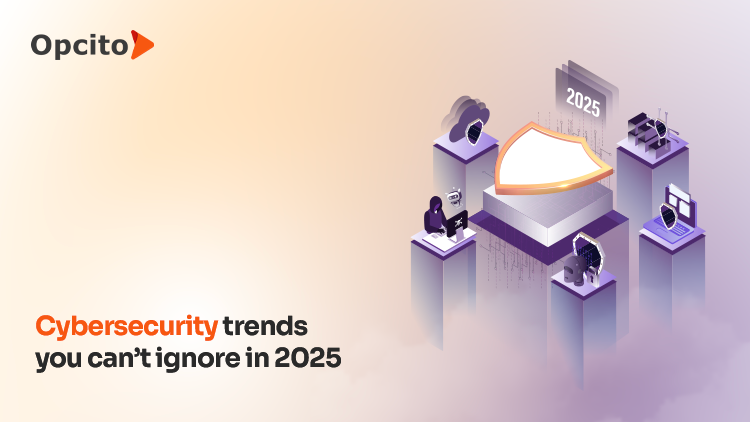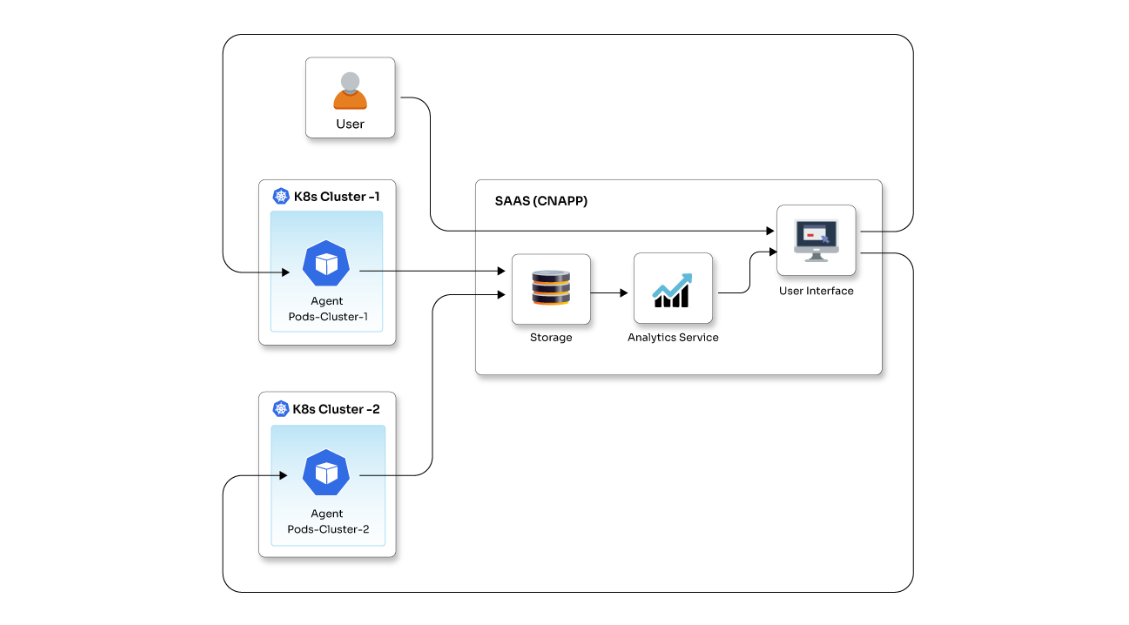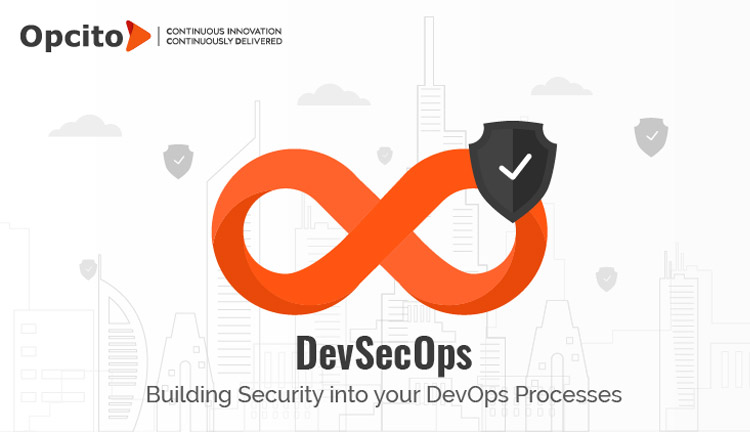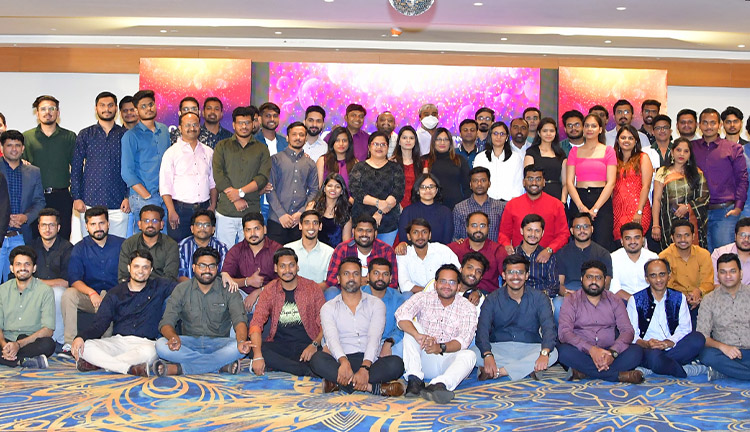2018 was a busy year for the tech world, and this year looks to be no different, with Serverless and Containers expected to dominate mind-space in 2019. Docker has already started stepping up their game with the intention of redefining the experience of using Docker with a new Docker Hub that combines the Docker Store, Docker Cloud, and Docker Hub functionality in one place. The Docker Enterprise version 2.1 introduced in November last year looks like the real deal to tempt enterprise customers with extended support for Windows Server and more focus on the aspects of agility and security.
Evolution of the Docker Enterprise Platform
Docker Enterprise Edition (EE) is the most advanced enterprise-ready container platform that extends container technology to global organizations helping them modernize their application infrastructure with enterprise features for improved security and governance. The enterprise platform is nothing but a container-based development environment that enables the execution of container applications and their orchestration, integration, security, and management capabilities at an enterprise level. EE is designed for provisioning and controlling container clusters across multiple cloud infrastructure platforms and on-premise platforms. The Enterprise container platform provides a complete management solution for securing and operationalizing applications in containers at scale over the entire software lifecycle. It perfectly serves the enterprise demand for faster, easier, and more secure deployment of containerized applications and container clusters in their own data centers and, subsequently, in the public cloud. The 2.0 edition was first introduced in April 2018. Docker Enterprise Edition (EE) 2.0 represents a container platform solution, delivering the only solution that manages and secures applications on Kubernetes in multi-Linux, multi-OS, and multi-cloud customer environments. With Docker’s enterprise container platform, organizations can choose to deploy legacy or cloud-native applications, built on Linux or Windows, on-prem or across multi-clouds, using Kubernetes or Swarm. And all this with the freedom to change technology, architecture or processes as per the business requirements. The best thing about Docker EE is that it allows you to leverage your existing team and processes to adapt and operationalize Kubernetes. Combining Content Trust and image scanning with policy-based image promotions allows organizations to build governance over the container environment without impeding the speed of development. Having finished our quick history lesson on the Docker EE
let's see what are some of the features of Docker EE 2.1 that might excite you as an enterprise user.
Docker Enterprise 2.1
Docker Enterprise 2.1 is a Containers-as-a-Service (CaaS) platform that enables a secure software supply chain and deploys diverse applications for high availability across disparate infrastructure, both on-premise and in the cloud.
The 2.1 edition is special for those who love Windows because this edition saw improved support for Windows Servers that, include Windows Server 1709, 1803, and 2019. And you can now use migration tools for a hassle-free update to the latest version. The latest Windows server release supports images with smaller sizes which means lower storage space and improved performance.
It looks like this release has had special attention towards two things that all admins are always concerned about viz., security and visibility. You can control who gets to access what by integrating SAML 2.0 authentication. FIPS 140-2 validated Docker Engine, detailed audit log and Kubernetes network encryption are some of the other security measures. The dashboard with all the metrics data lets you have a look at the health of nodes and containers, provides visibility into the runtime vulnerabilities and a provision to track background activities which makes life easy for admins. In addition, online garbage collection and policy-based image pruning will bring down your storage expenses.
But what I personally liked the most in this release is the enhanced support for Kubernetes users that includes fully featured Kubernetes orchestration and CNCF Certified Kubernetes conformance.
So, what are you waiting for? You can read more about the 2.1 edition here and you can try your hands on the hosted trial here.

